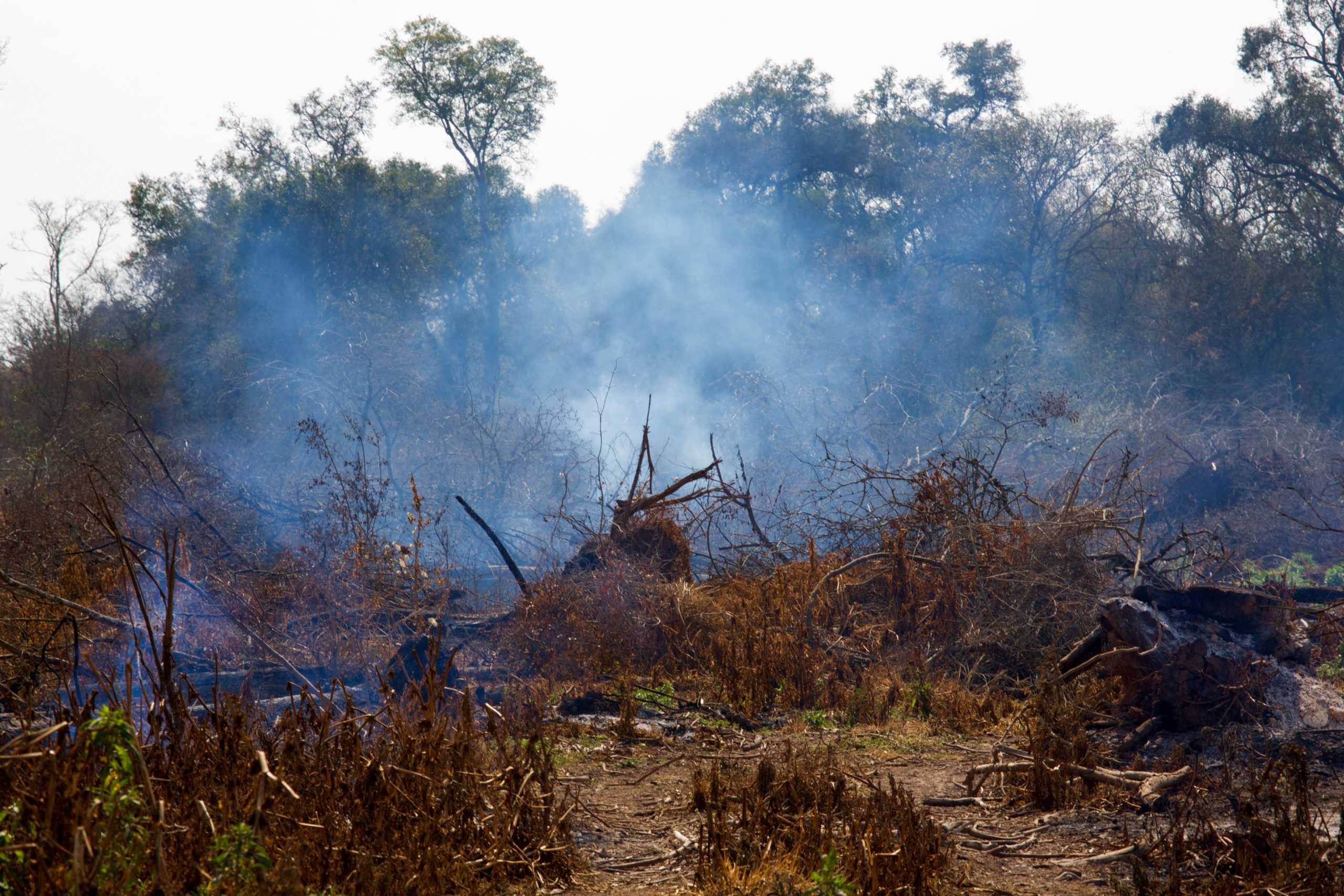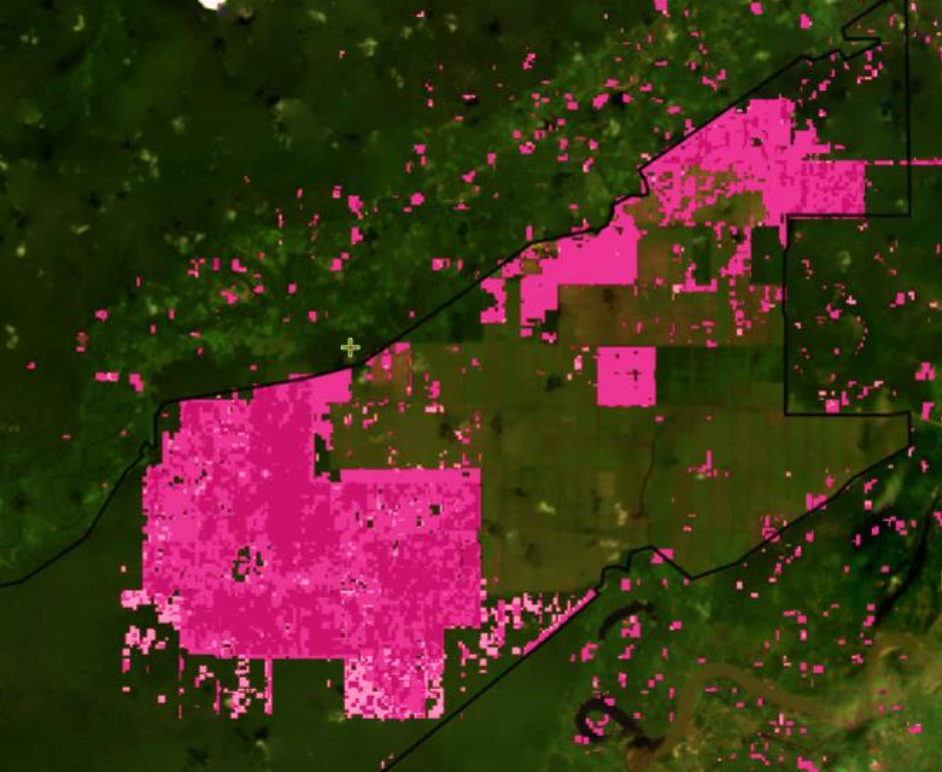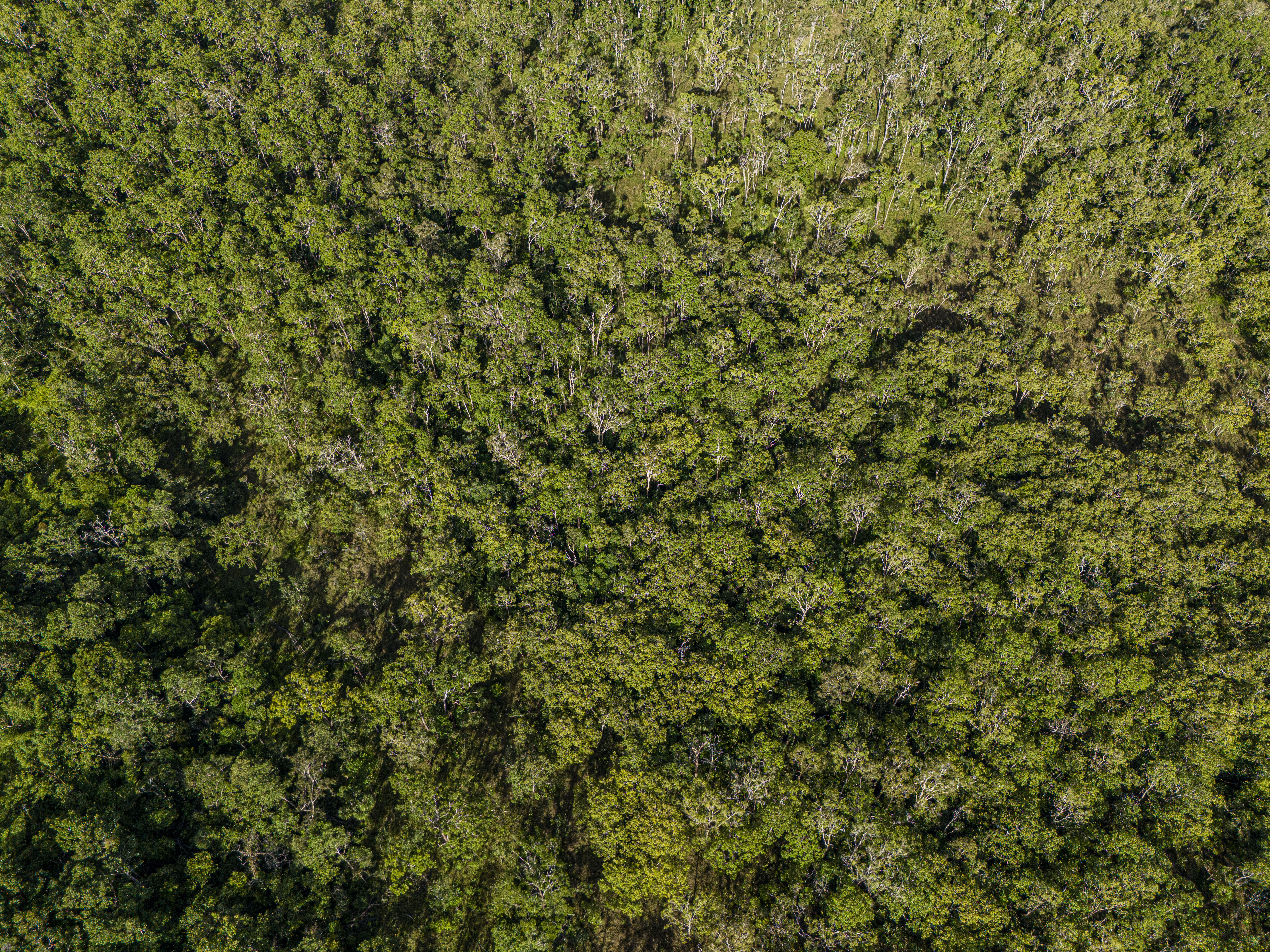
Trudeau’s flawed biofuels plan repeats U.S. mistakes, undermines climate goals
Earlier this year, Mighty Earth chairman Henry Waxman, the former Congressman and environmental champion from California, wrote to Prime Minister Justin Trudeau with a warning: tread carefully with biofuels policy.
Without the full range of safeguards, which Environment and Climate Change Canada has so far declined to include in its proposed Clean Fuel Standard (CFS), Canada is following in the footsteps of the United States and Europe. In those places, biofuel policies have caused extensive environmental damage and increased climate pollution, even compared to oil and gas. (More here, here and here.)
The United States has a long history with biofuel policy. Indeed, the current U.S. Renewable Fuel Standard (RFS), adopted in 2007, had the explicit goal of reducing climate emission through the promotion of cleaner-burning, renewable fuels. But while the RFS was largely successful in promoting conventional, food-based biofuels like corn ethanol and vegetable oil-based biodiesel, it largely failed to stimulate new innovation and the ultra-low carbon ‘fuels of the future.’
Not only did these more sustainable biofuels fail to emerge, but inadequate accounting for and protection against cropland expansion has meant that large swaths of grassland, prairie, and even tropical forests abroad have been destroyed for new agricultural production. This widespread ecosystem destruction releases carbon stored in plants, tree, soil and peat, which reduces, negates or even reverses any benefit biofuels provide at the tailpipe. That’s why government reviews now show that the U.S. RFS is an ineffective climate mitigation program, if not a net contributor to increased greenhouse gas pollution.
A key safeguard against the problem of cropland conversion is the inclusion of robust accounting for indirect land-use change (ILUC), or, in other words, a measurement of how increased demand for biofuel crops affects the expansion of agricultural land. There is broad scientific consensus that ILUC is a key measurement of any biofuels’ true carbon impact. Unfortunately, the proposed CFS omits this accounting entirely.
Although the ECCC has indicated that it will consider addressing ILUC at a later date, waiting is a mistake. Once the agricultural industry receives signals, lays plan and makes investments, it becomes politically challenging to change course. That’s what happened in the European Union, where biofuel targets were implemented without ILUC accounting in 2009. When ILUC accounting was proposed three years later, the food-based biofuel industry was powerful enough to block adoption.
To its credit, Canada has proposed structuring its biofuel policy along the lines of California’s Low-Carbon Fuel Standard – an improvement over the federal U.S. RFS – and has other proposed policies including a price on carbon that may interact with and incentivize more sustainable biofuels. However, without a true assessment of the carbon impact of biofuels, it’s difficult to say if this will be enough.
Prime Minister Trudeau and Environmental and Climate Change Canada still have a window to get this right. The proposed CFS is in draft stage, and ECCC could easily include the California Low-Carbon Fuel Standard’s ILUC values as a place-holder in the draft regulation due out this year, until Canada can study and determine what its own ILUC values should be. Such a move would send a strong message to the agricultural and biofuels industry: give us your best, most sustainable biofuels.
We encourage Prime Minister Trudeau and Environment Minister McKenna to follow this course of action, learn from mistakes made elsewhere, and craft a policy that serves as a model for other governments.


